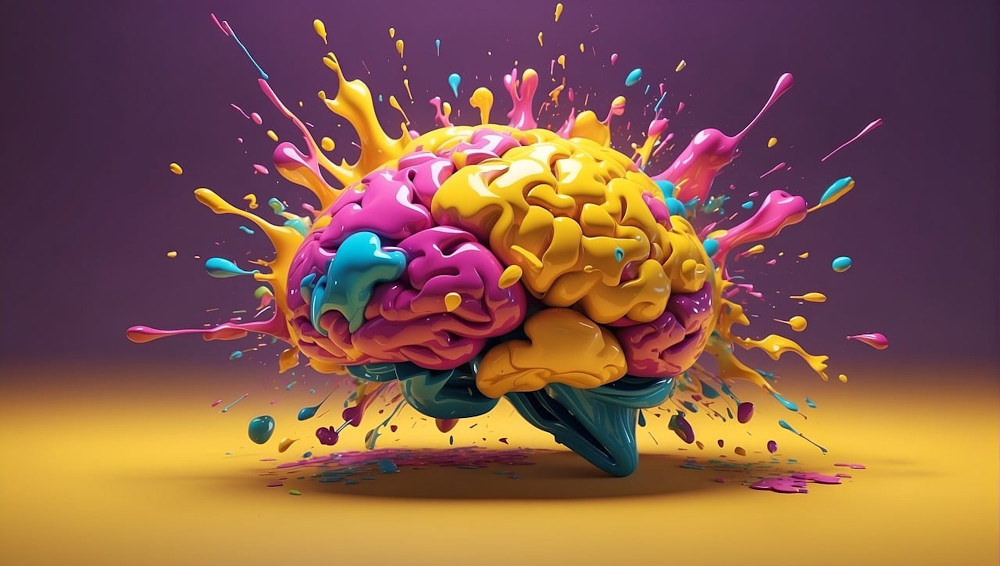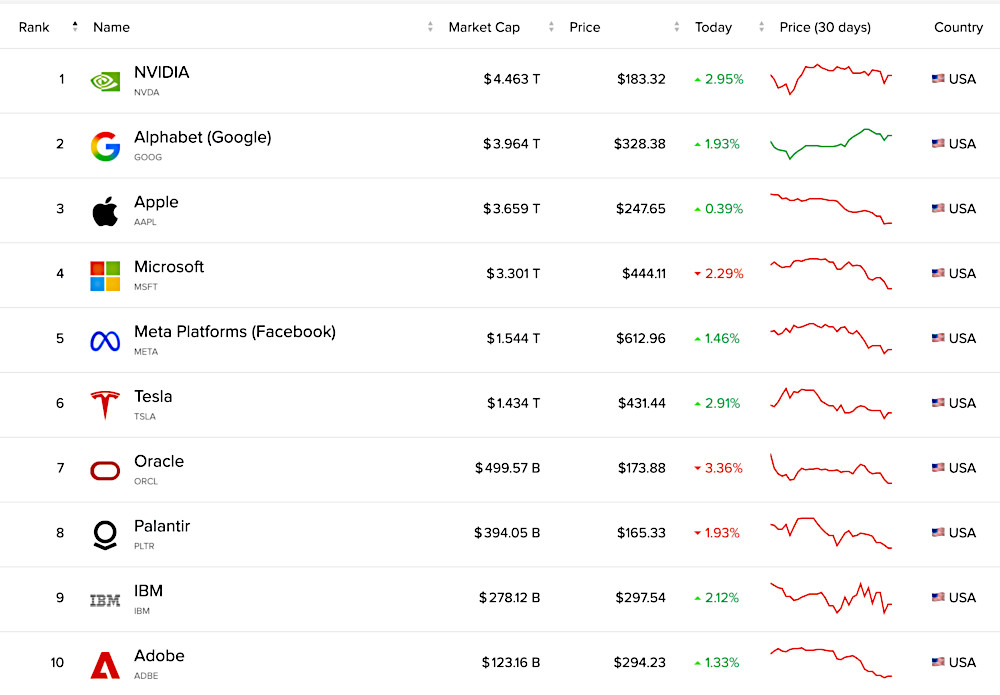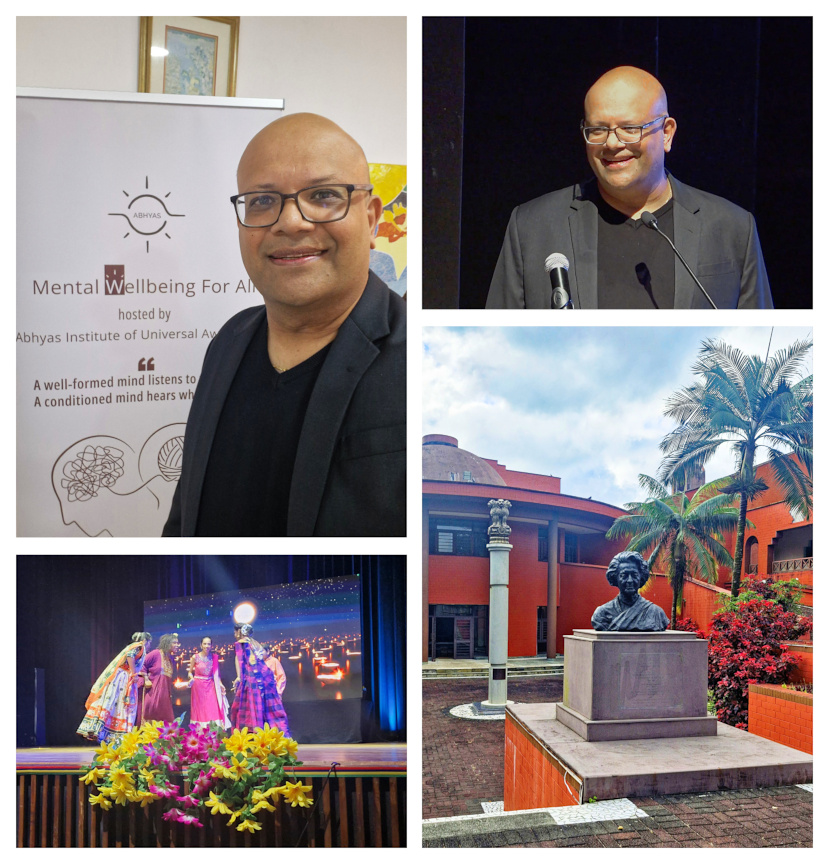Le vendredi 30 janvier dernier, j’ai eu le plaisir de participer à l’émission « Au Cœur de l’Info » sur Radio Plus, animée par Prem Sewpaul. Aux côtés d’experts en psychologie, en addictologie et de la Cyber Crime Unit, nous avons débattu d’une question de société fondamentale : « Adolescents et réseaux sociaux : faut-il en limiter l’accès ? »
Les enjeux de demain se décident aujourd’hui. Pendant deux heures, j’ai pu exposer les raisons pour lesquelles les réseaux sociaux sont devenus si addictifs. Ma principale préoccupation est le manque de recul : nous n’avons pas encore vu grandir une génération entièrement exposée à ces outils dès l’enfance. Nous ignorons encore l’ampleur des séquelles potentielles sur la concentration ou la capacité à résoudre des problèmes complexes.
Mon avis est que la répression ne peut être l’unique réponse. Le véritable levier réside dans l’éducation. Il est crucial de former la population, des jeunes aux adultes, en passant par les décideurs, pour qu’ils comprennent les mécanismes et les dangers de ces plateformes. À ce titre, je propose que le Bureau du Premier Ministre élève cet enjeu au rang de priorité nationale pour l’avenir de notre pays.
J’ai souhaité conclure sur une note optimiste. La République de Maurice a un potentiel immense. En menant une prise de conscience au plus haut niveau de l’État, nous pourrons former une nouvelle génération de Mauriciens éclairés, compétents et prêts à prendre la relève avec brio lorsque nous serons plus là…
Le plateau était composé d’Avinash Meetoo (Informaticien et Directeur de Knowledge Seven), Nicolas Soopramanien (Psychologue Clinicien), le Sergent Sameerkhan Roshanally (Cyber Crime Unit) et Kunal Naik (Addictologue).



